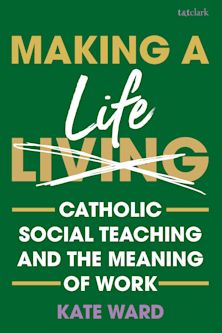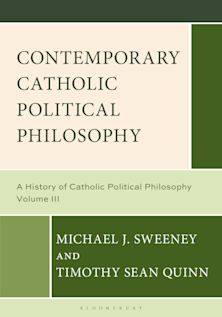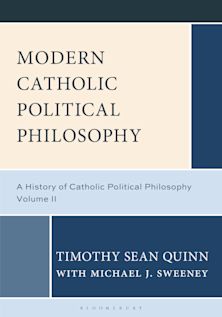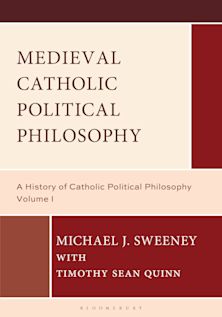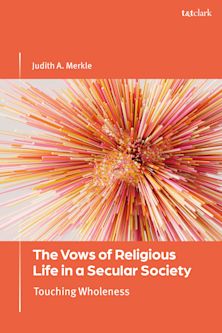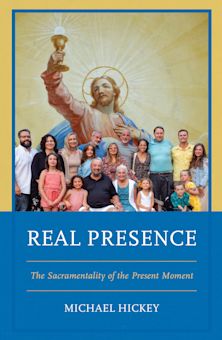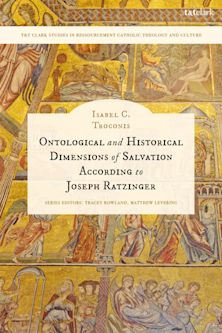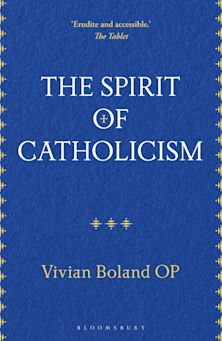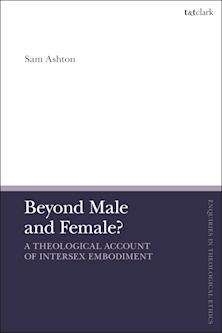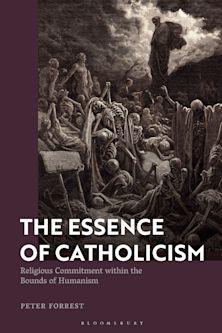- Home
- ACADEMIC
- Theology
- Catholic Theology
- Hope and History
Get 40% on two or more titles from T&T Clark
You must sign in to add this item to your wishlist. Please sign in or create an account
Description
This book enables readers to understand contemporary divisions in Catholic theology. By examining a case study of issues in Catholic fundamental theology, Collits charts a path forward by advocating a rootedness in the Revelation of the Person of Jesus Christ. He does so by exploring metaphysics, the history-ontology and nature-grace relationships, soteriology and Christology. Furthermore, in examining the hope-history debate, this book tackles fundamental political and philosophical questions.
Collits approaches this by examining the competing schools of post-conciliar theology. On the one hand, the Concilium school of Karl Rahner, Edward Schillebeeckx, JB Metz and Gustavo Gutiérrez; on the other hand, the Communio school of Josef Pieper and Joseph Ratzinger.
Table of Contents
1. The Concilium Position on Hope and History in Fundamental Theology
2. The Communio Perspective: Hope Under the Aspect of Eternity
3. The Christological Shape of Hope and Eschatology in the Communio Perspective
4. Hope is Oriented “Beyond Itself” – the Significance of the Nature-Grace Relationship
5. Soteriology and Christology – A Communio Rejection of an Immanentist Soteriology
Conclusion
Bibliography
Endnotes
Product details
| Published | Jan 22 2026 |
|---|---|
| Format | Ebook (Epub & Mobi) |
| Edition | 1st |
| Extent | 336 |
| ISBN | 9780567718549 |
| Imprint | T&T Clark |
| Series | T&T Clark Studies in Ressourcement Catholic Theology and Culture |
| Publisher | Bloomsbury Publishing |
About the contributors
Reviews
-
With Hope and History, David Collits has done the current and future Church a tremendous service, carefully laying out the fundamental division that arose after Vatican II between the Communio and Concilium perspectives, one that has only become more divisive and will undoubtedly continue to mark the fault lines in Catholic theology for the foreseeable future. The two have long been compared and contrasted, but as the author shows, the choice between them is not simply a matter of taste or emphasis, for they are not theologically, philosophically, anthropologically, or morally equivalent. Collits has traced, in detail, the radically different sources that give rise to divergent trajectories that end in visions of the human persons and their relation to God that are ultimately incompatible. At the same time, it is not simply a question of a contradictory “either/or”, as if one must choose, for example, between history or ontology; rather, the Communio perspective sees that polarities point to deeper unities, and that illuminating salvation history under the aspect of eternity is the only thing that gives present history its significance. Thus, this volume makes a vital contribution to the literature on the issue, and, as it unfolds the relation of history to a Christ-centered and Trinitarian eschatological Hope, it is also profoundly beautiful.
Michael Dominic Taylor, Thomas More College of Liberal Arts, USA
-
This book contains the genealogy of Concilium/Communio theology. In these pages we can understand the dialectical perspective (Joachimite, Hegelian, Marxist), and the dialogical one; within these, there is continuity between Christological ontology, history and eschaton, founded in the Paschal Mystery. Collits, in exploring all this, elucidates the theological positions of Rahner, Metz, Schilebeeckx, Gutiérrez, Pieper, Ratzinger, and many others.
Pablo Blanco-Sarto, University of Navarra, Spain












